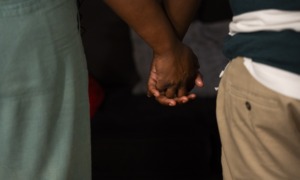Author(s):
- Fiona K. Mensah, Ph.D.
- Jordana K. Bayer, Ph.D., M.Psych.
- Melissa Wake, M.D.
- John B. Carlin, Ph.D.
- Nicholas B. Allen, Ph.D.
- George C. Patton, M.D.
Published: April 2nd, 2013 inThe Journal of Adolescent Health
Report Intro/Brief:
“Purpose:
Early puberty has been linked to higher rates of mental health problems in adolescence. However, previous studies commencing after the initiation of puberty have been unable to explore whether early puberty is preceded by higher rates of these problems. In a large national study, we aimed to determine whether difficulties in behavior and psychosocial adjustment are evident before as well as during the early pubertal transition.
Methods:
The Longitudinal Study of Australian Children recruited a nationally representative cohort of 4,983 children at age 4–5 years in 2004. This analysis includes 3,491 of these children (70.1%) followed up at ages 6–7, 8–9, and 10–11 years, with a completed parent report of stage of pubertal maturation at age 8–9 years. Parents reported behavior difficulties (Strengths and Difficulties Questionnaire) and psychosocial adjustment (Pediatric Quality of Life Inventory) at all four waves from ages 4–5 to 10–11 years.
Results:
Both boys and girls who entered puberty early (i.e., by age 8–9 years) also experienced poorer psychosocial adjustment at this age. These psychosocial differences were already evident at ages 4–5 and 6–7 years, and persisted to at least age 10–11 years. Similar patterns were evident for behavior difficulties, but only for boys; early puberty was not related to behavior difficulties in girls.
Conclusions:
Children with early puberty have different patterns of behavior and social adjustment from the preschool years through early adolescence. At least in part, the association between early-onset puberty and poor mental health appears to result from processes under way well before the onset of puberty.”
-from the abstract





























